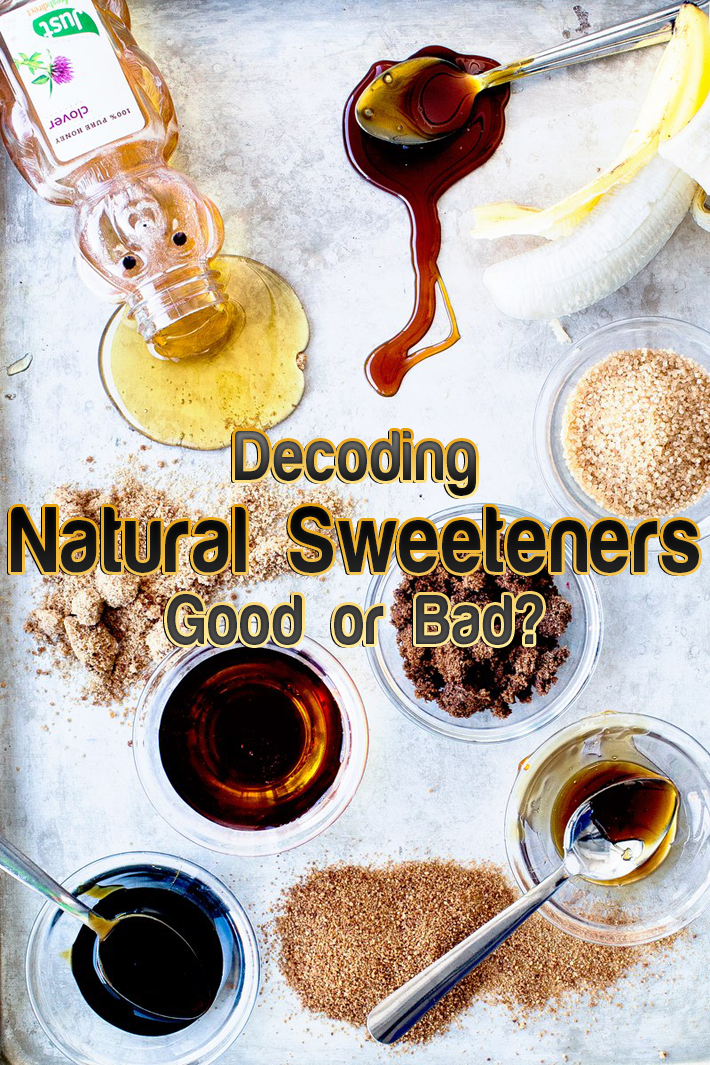
Decoding Sweeteners From Stevia To Coconut Sugar
The Good, The Bad, And The Ugly
Americans eats an average of 765 grams of sugar every five days—and much of it comes from not knowing where sugar is lurking or what alternative name it’s going by! Compare that number to the year 1822, when Americans ate just 45 grams in the same time period. Every person eats and drinks 130 pounds of added sugar every year, an average of 3,550 pounds in a lifetime. That is equal to eating 1.7 million Skittles or an industrial-sized dumpster full of sugar.
Wherever you look in the grocery store or restaurants, sugar and natural sugar substitutes are added to just about everything—it’s in nut butter, condiments, kombucha, crackers, popcorn, and most everything else that comes in a package. The sweet drug of choice comes by many names, even super-healthy-sounding euphemisms, so it can be hard even recognizing sugar in all its varying forms. What’s someone interested in maintaining a healthy body and living green to do?
Not many people want to live a sugar-celibate life. So let’s get practical. We will give you exactly which natural sugar substitutes to avoid and the ones that are the recreational drugs of the sugar family: to be used responsibly, with caution and in small amounts. Get your fix, right here.
The Ugly
Artificial sweeteners
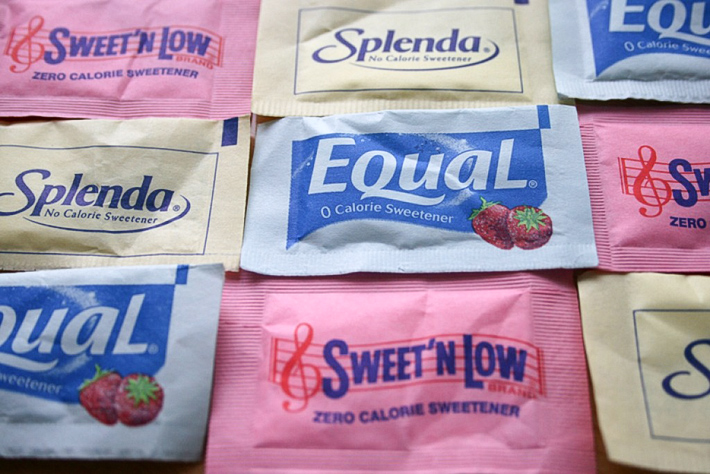
These are the worst of the worst. The most common culprits and whose colorful packages you often see at any coffee bar are:
Sucralose – Splenda
Aspartame – Equal, NutraSweet
Saccharin – Sweet N’ Low
Neotame – a chemical derivative of aspartame found in various food products
Acesulfame – often found in sodas and fruit juices as well as dairy and ice cream products
According to studies, these chemical sweeteners actually changes the bacterial makeup of your microbiome. This can be a trigger for autoimmune problems, diabetes and metabolic disorders.
High-fructose corn syrup
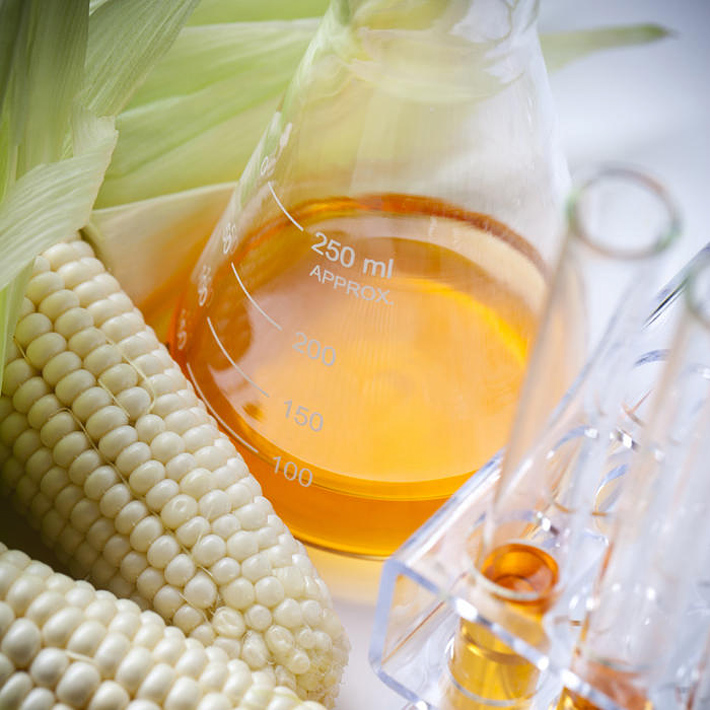
This sweetener is so widely used it can be shocking to learn just how many products actually contain it; even foods that you wouldn’t think would contain any sweetener. It is derived from stalks of corn through an intensive chemical process that is anything but natural. Due to its chemical makeup it does not need to be digested by your body and quickly enters your bloodstream leading to insulin spikes that contribute to hormonal problems like leptin resistance, which increases weight gain and weight-loss resistance.
The Bad
Agave nectar
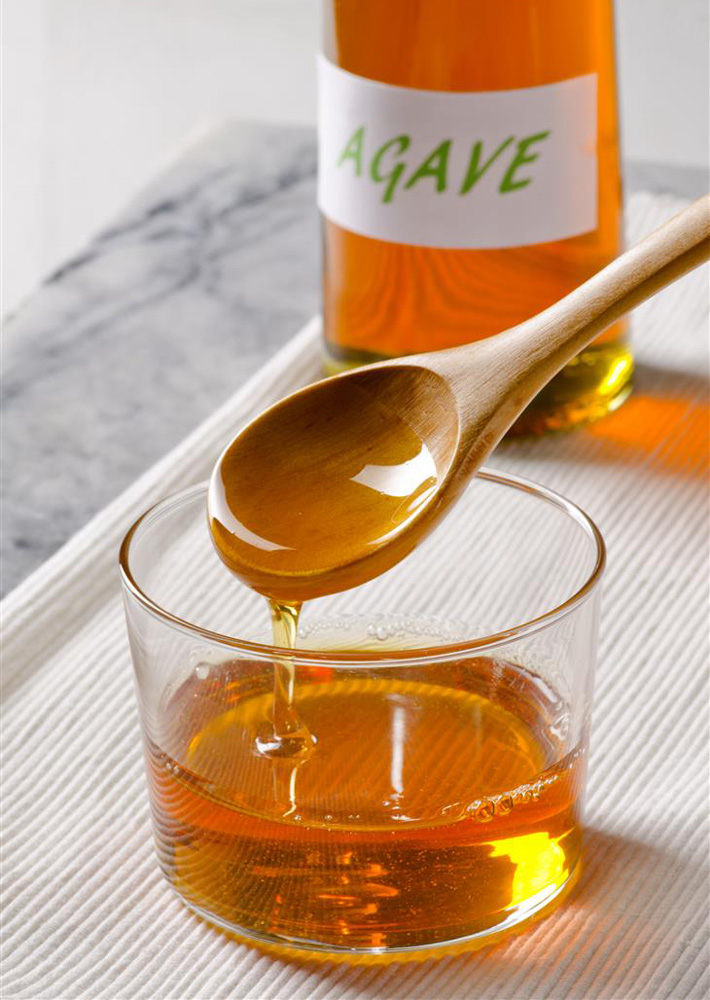
Because it is low on the glycemic index, a way of measuring how fast certain carbohydrates will raise your blood sugar, it is often touted as a healthier alternative. This is an overy simplistic way of determining whether a food is “bad” or not because you aren’t considering any other factors. Agave nectar is still high in fructose, which can delay damage to the body. Although a slower process, your body still converts fructose into glucose, glycogen, lactate, and fat in your liver. This places stress on your liver and can contribute to insulin resistance and fatty liver disease.
Turbinado
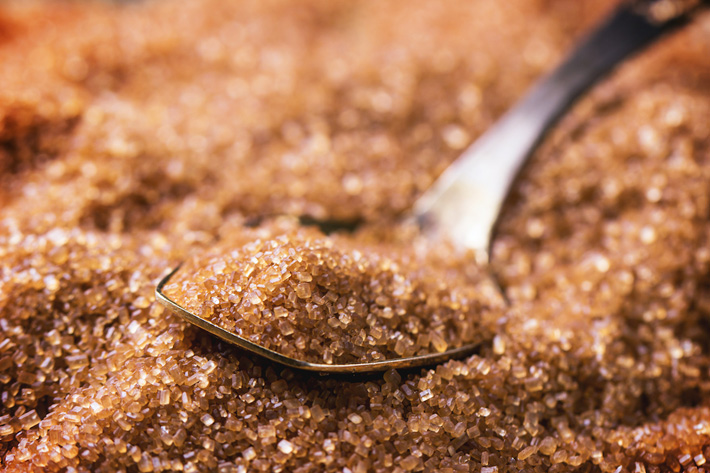
Also known as raw cane sugar, this type of sugar is not so “raw” and unrefined. It still undergoes processing, which removes some of its natural impurities as well as nutrients. While it’s still far less processed than refined white sugar, it’s still not much better for you.
Brown-rice syrup
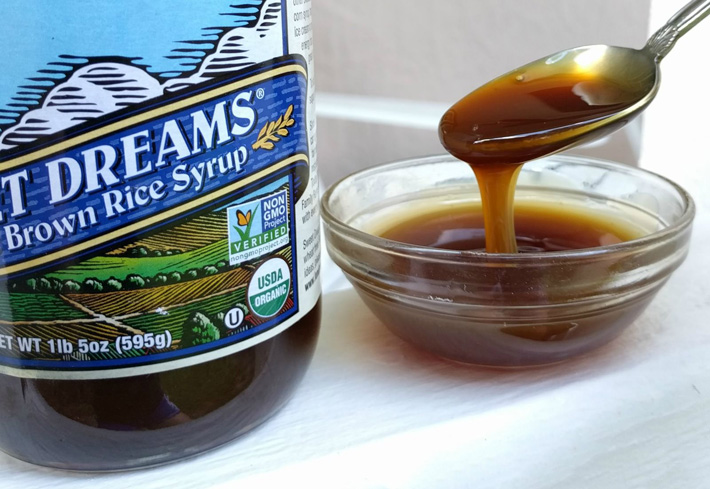
This sweetener is made from the combination of brown rice and enzymes. The enzymes break down the starch, and then it is boiled down to create a syrup. The fermentation actually makes the sugars easier to digest. The big issue though is that barley enzymes are often used, which contain gluten. Unless you are specifically looking for gluten-free brown-rice syrup, you could be unknowingly perpetuating health problems if you are sensitive to gluten.
It is important to note that arsenic can start to build up in large amounts of rice. Studies have shown that arsenic levels have been found to be high in organic brown-rice syrup used in a lot of different products. Make sure to limit your packaged products where this sweeteners are used to decrease toxin exposure.
The Decent
Stevia
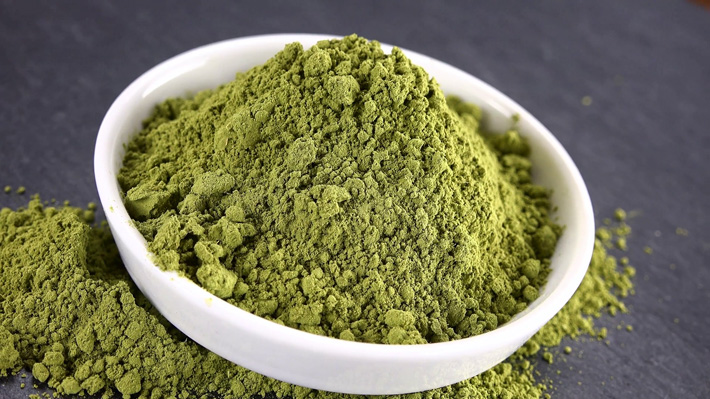
A zero-calorie low-glycemic sweetener that’s also natural?! It sounds almost too good to be true—and it kind of is. It all depends on what kind of stevia you are buying. Make sure you are getting raw organic stevia that is still in its green form. Otherwise, in other conventional stevia brands, which may be heavily processed and are often bleached, you’re still exposing yourself to other chemicals and toxins, which are added as preservatives. Plus, a few studies show stevia’s ability to impact hormones.
Maple syrup
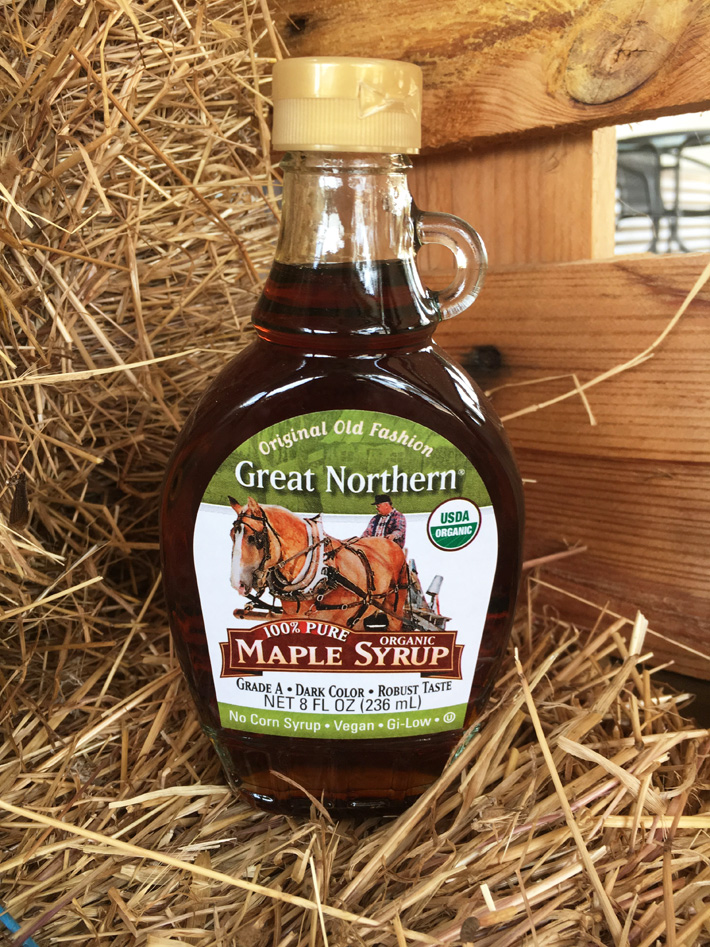
We aren’t talking about your bottle of Mrs. Butterworth’s. Instead, we are talking about 100% pure organic maple syrup. What makes this a much better alternative to traditional sugar is the fact that it actually contains good-for-you minerals like zinc and inflammation-fighting polyphenol antioxidants. And since it’s sourced straight from tree sap it goes through minimal processing to reach its conventional form. The darker the maple syrup, the better, because it contains higher amounts of antioxidants—up to 24 different kinds!
Honey
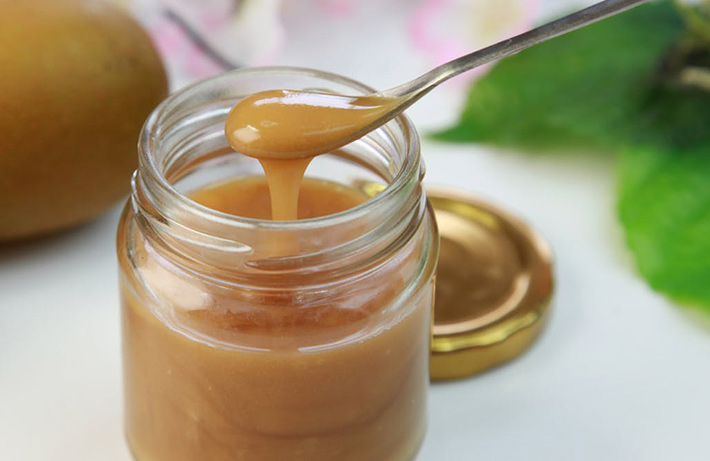
This is one of the best options when you need to add a little sweetness to your life. Honey’s benefits are enormous, as long as you purchase it in its raw unpasteurized, unfiltered form. It contains a wide range of powerful antioxidants like polyphenols, which have been shown to help combat cancer and promote heart health. It is also great for fighting off sickness since it also still contains bee pollen, which has been shown to boost the immune system.
Manuka honey from New Zealand is the absolute best raw honey you can buy, because its nutritional content is so much higher than regular raw honey and has intensive antimicrobial properties.
Molasses
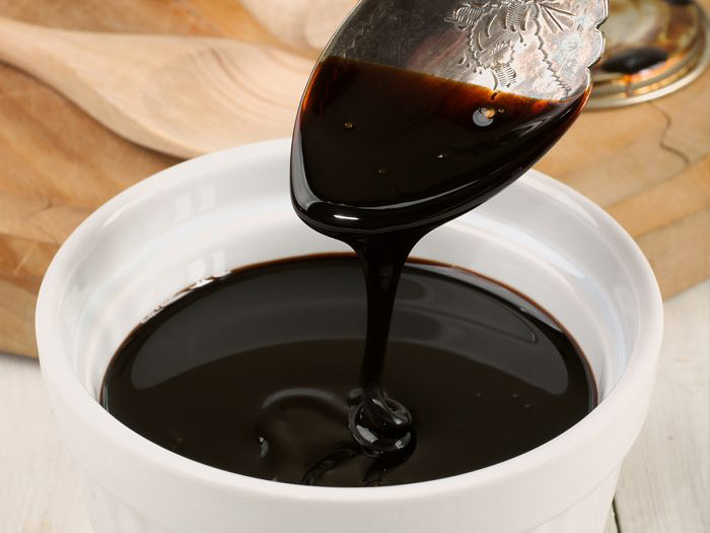
These sweeteners are made by boiling raw sugar down to remove the sucrose. This leaves behind the thick syrup we know as molasses. Blackstrap molasses is the most nutrient-dense form of molasses and is achieved by processing the syrup three times to remove as much sucrose as possible. Blackstrap molasses contains more iron than any other natural sweetener. Iron is important to help fight fatigue since it helps with red blood cell health.
Dates
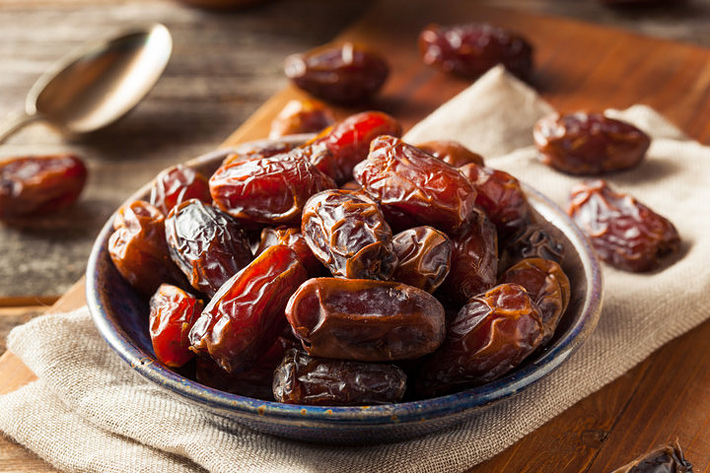
These sweet fruits are completely unprocessed and can be eaten fresh or dried or pureed into a paste to add to many different recipes. Since they are very high in fructose it is still important to keep their intake to a minimum.
Dates can help those struggling with constipation and help improve overall digestive health by increasing growth of beneficial bacteria thanks to their high fiber content.
Fruit juice
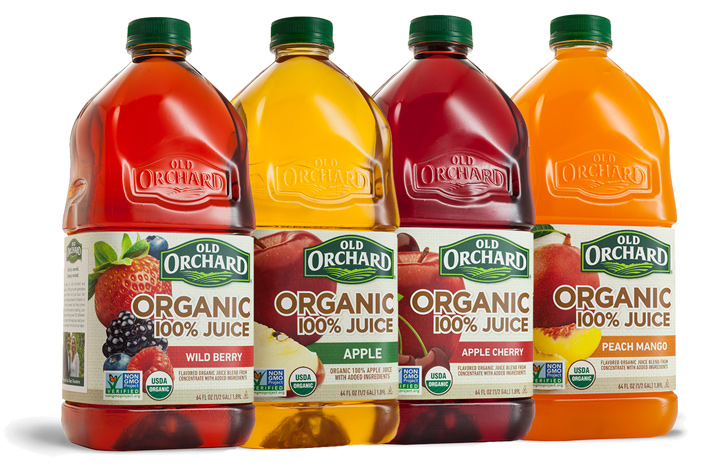
Although fruit contains fructose, which is still a sugar to your body, it can be better than other types since it’s naturally occurring in the fruit and not processed. Because of the other healing properties that come along with fruit like antioxidant-containing cherries, it makes for a good alternative as long as it is in moderation—and as long as it’s 100% fruit juice and not laden with additional sugar.
Sugar alcohols
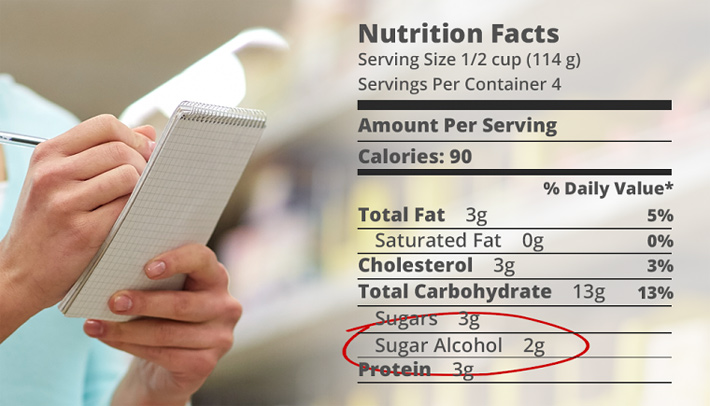
Often found in “sugar-free” foods, these would include sorbitol, mannitol, and xylitol and are derived through chemically processing the carbohydrates found in fruits and berries. These don’t even have to be included on a product label unless it is specifically labeled “sugar-free.” Unlike other sugar-free sweeteners that have zero calories, sugar alcohols do contain up to three calories per gram. Along with stevia, these sugar alcohols are still decent options for people looking for natural sugar-free options.
But they don’t work for everyone. Sugar alcohols have a laxative effect and can seriously flare up digestive problems like IBS and SIBO. Your body does not completely absorb these, and they end up fermenting in the large intestine, which can cause gas and bloating.
Monk fruit sweetener
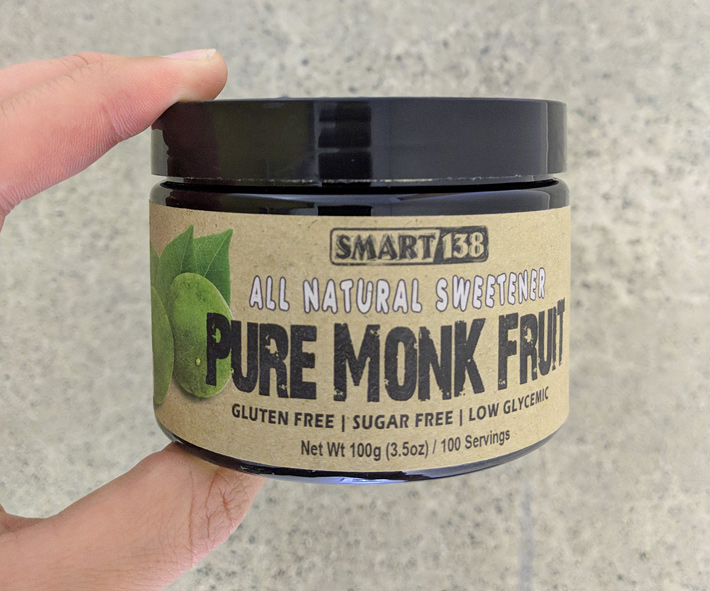
Like stevia and sugar alcohols, monk fruit sugar or luo han guo fruit is another low-carb sweetener option. It’s fermented from the pulp of the fruit, which removes the sugars but leaves a residual sweet flavor. Used for hundreds of years in Asian countries where it is harvested, monk fruit contains beneficial antioxidants called mogrosides. Because of this, our little friend monk has been used as a natural anti-inflammatory tool for centuries in Chinese medicine. You have to be aware of what kind you are purchasing because some commercially available options have additives, so read the labels and stick with pure monk fruit. Just like sugar alcohols like xylitol, too much luo han guo can trigger stomach issues in some people.
Coconut sugar + nectar
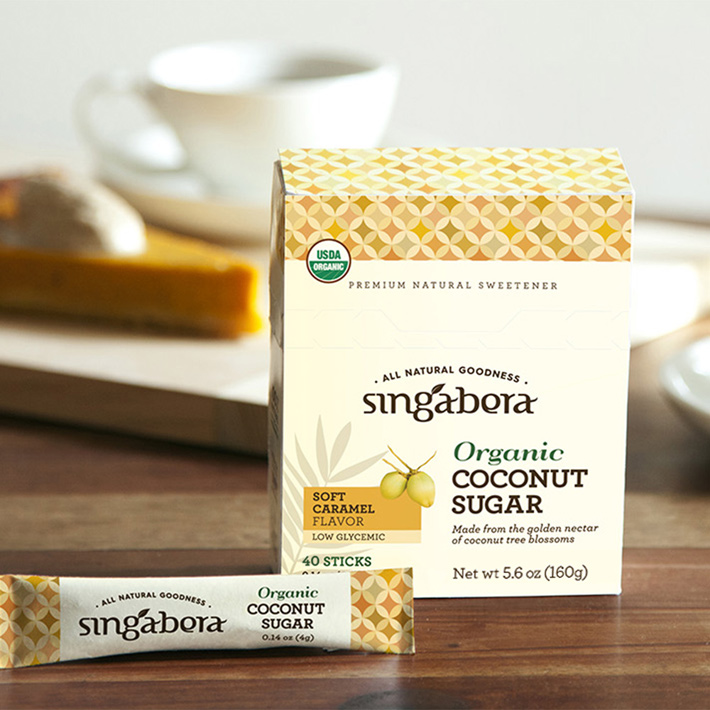
These sweeteners are derived from the coconut blossoms of the coconut tree, not the coconut itself. Overall this is still a better option than regular sugar because it does contain a small amount of nutrients like zinc, potassium, and short-chain fatty acids. But you’d have to eat a lot to make a difference so you’d be better off with completely natural options since these sweeteners are still processed.
Coconut sugar contains inulin fiber, which has been shown to help improve diabetic health, because it helps to slow the absorption of glucose and keep blood-sugar levels balanced.
The Bottom Line
With any of these natural sweeteners, moderation is still important—no more than a couple tablespoons per day is ideal. The bad and ugly sweeteners should still be avoided as much as possible for a thriving health.
Like with anything, however, every person is very different, and for those with chronic health conditions even some of these decent sweeteners need to be avoided entirely or for a certain time. Make sure to work with a functional medicine doctor to determine your individual needs.
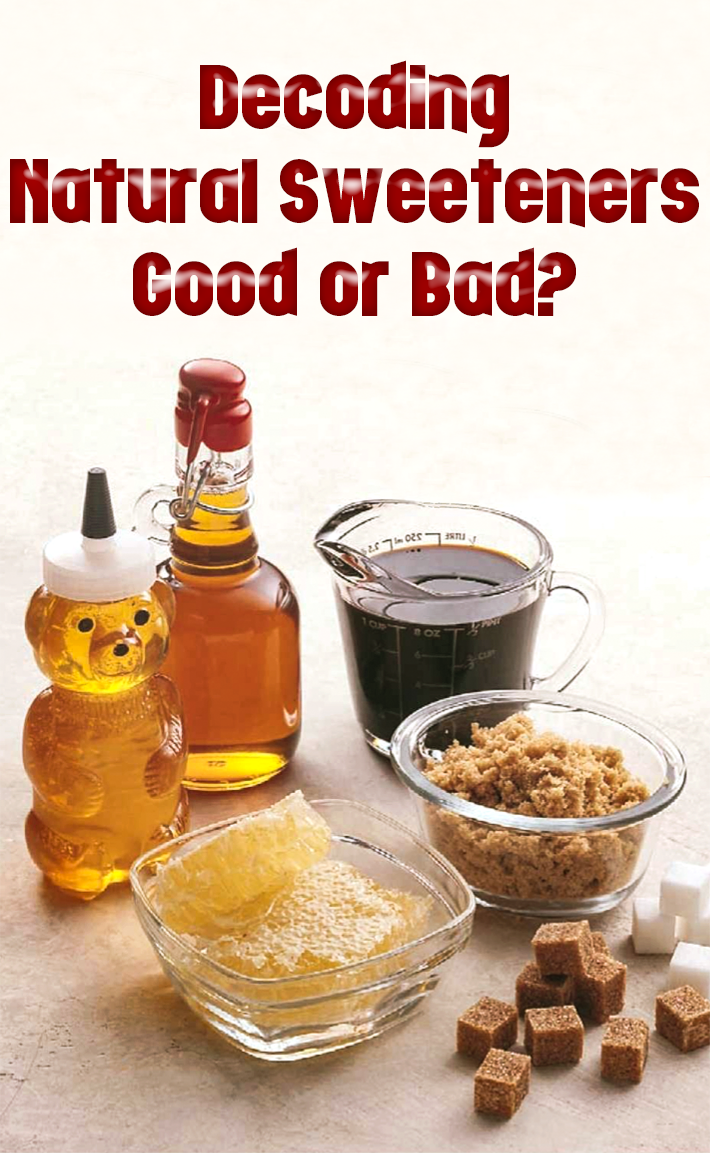

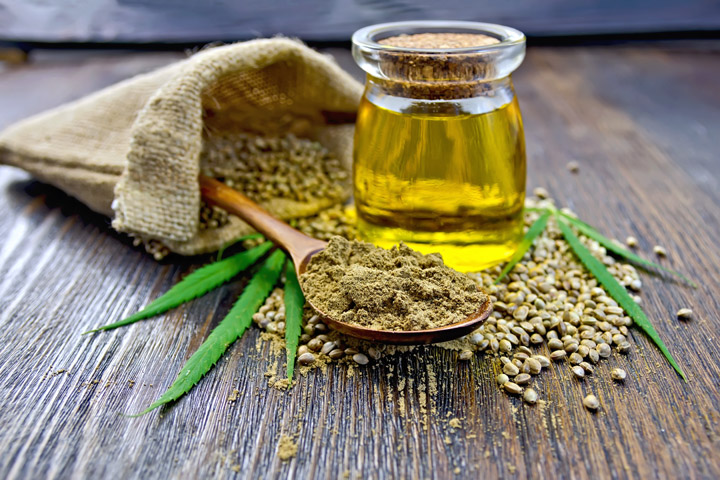

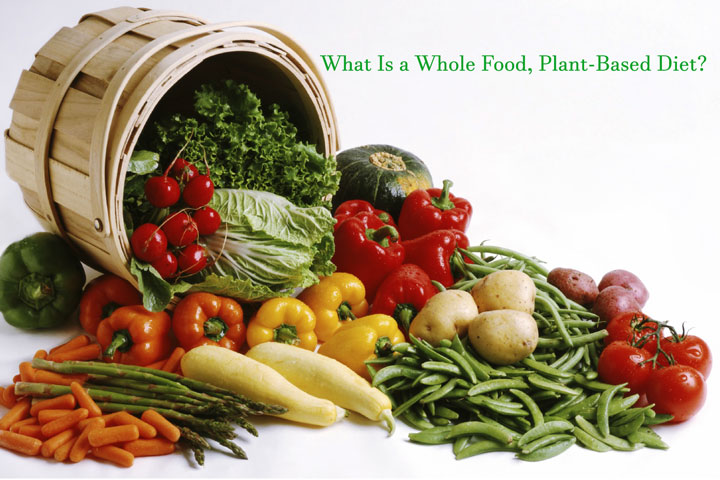
Leave a Reply